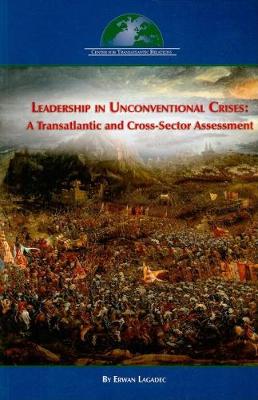2009 has added an economic recession and the A(H1N1) pandemic to an already daunting list of recent unconventional crises such as 9/11, the anthrax crisis, the SARS outbreak, the 2003 heat wave in Europe, 2004 tsunami, and Hurricane Katrina. These are not aberrant acts of God. Unconventional vulnerabilities in our globalized world, focused on hypercomplex networks, suggest that we have entered the age of unconventional crises.
As we face this challenge, simply calling for more assets, more plans, more technical knowledge, or more media training is not enough. All this we know how to do; all this leaders are comfortable with: yet none of it has prevented repeated “failures of leadership” or “failures of imagination.” What we must focus on, though it still elicits considerable reluctance, is education that will prod leaders and crisis managers to think on their feet in order to deal with chaotic environments; to wage a war of movement against unconventional threats. We need strategic rethinking of the meaning of leadership and resilience, in addition to mapping out new allocations of roles and responsibilities across organizations, sectors, and countries.
To tackle these issues, the Center for Transatlantic Relations in 2006 launched the project “Unconventional Crises, Unconventional Responses: Reforming Leadership in the Age of Catastrophic Crises and ‘Hypercomplexity’,” under the leadership of Dr. Erwan Lagadec. The project sets up a cross-sector, international platform of leaders and experts. Based on the results of a seminar convened in Washington, D.C., in April 2008, this book describes strategic concepts and organizational tools that have been successful in confronting catastrophic and hypercomplex events.
- ISBN13 9780984134106
- Publish Date 1 October 2009
- Publish Status Active
- Publish Country US
- Publisher Brookings Institution
- Imprint Center for Transatlantic Relations
- Format Paperback
- Pages 176
- Language English
